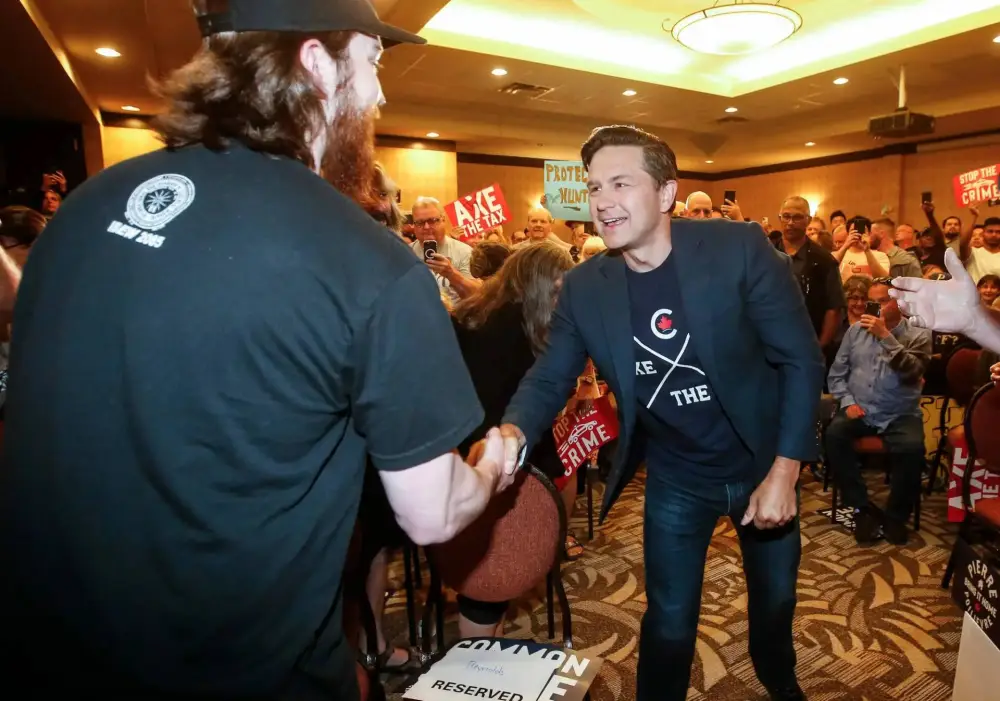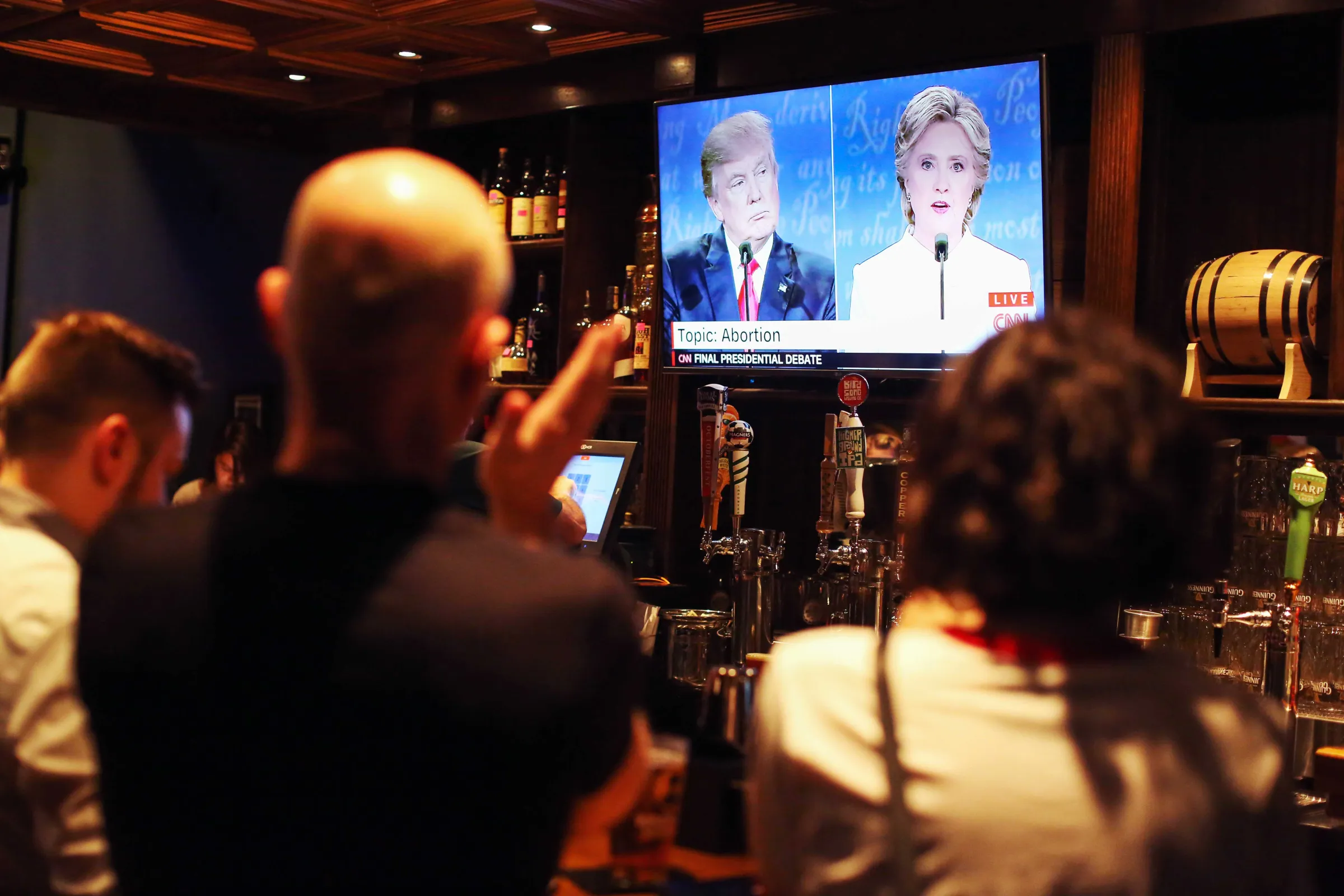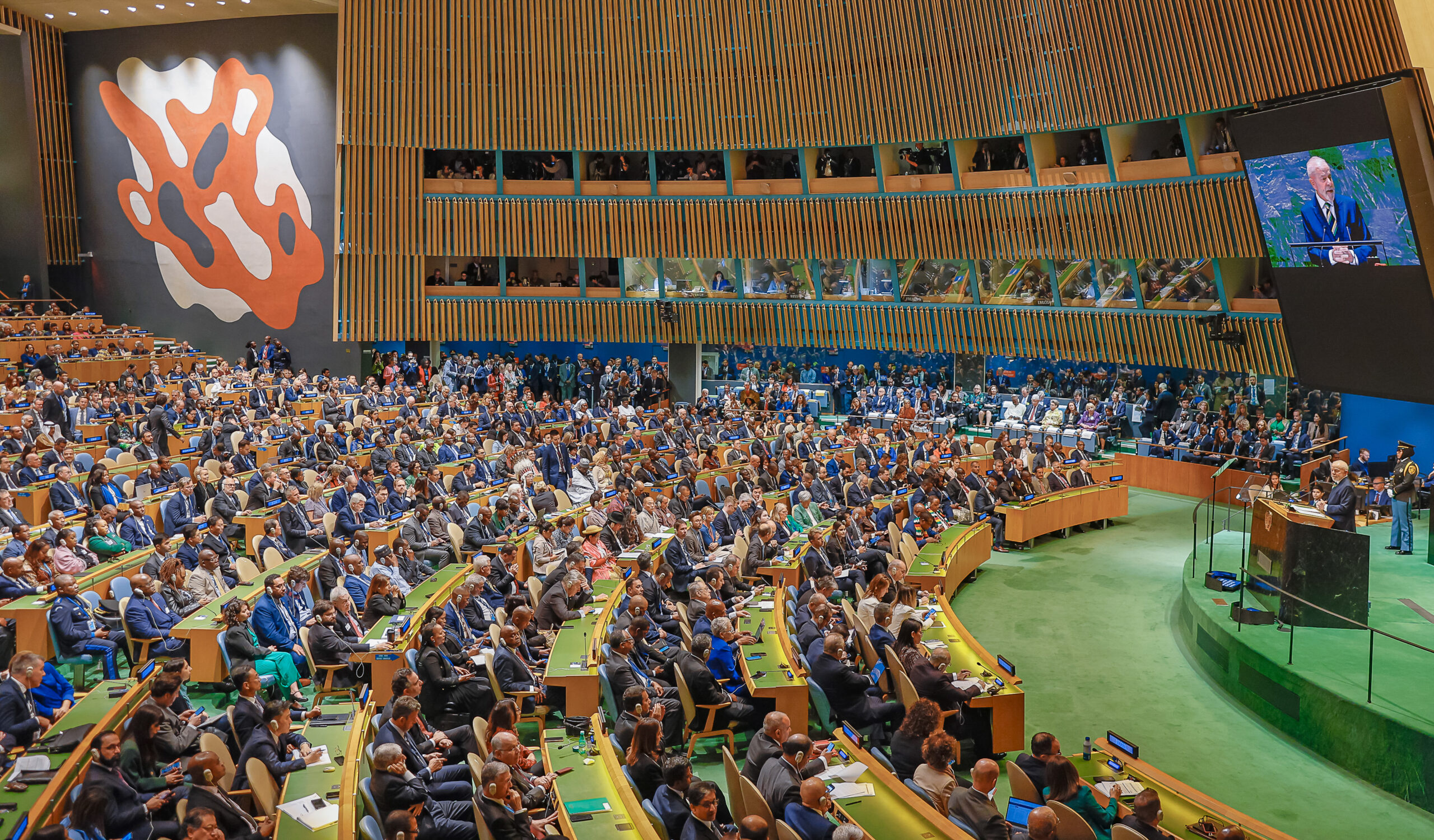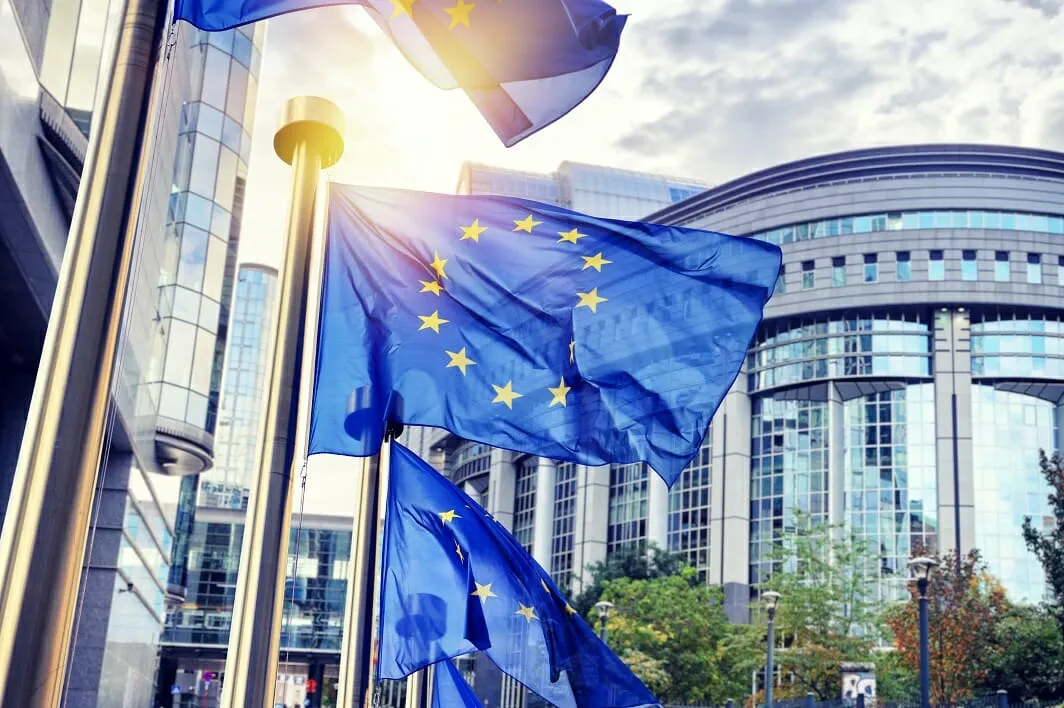The Political Economy of Economic Policy: Where Power Meets Prosperity

Imagine you’re at a family dinner, and your uncle starts ranting about why gas prices are through the roof. He blames the president, while your cousin points to greedy oil barons. Everyone’s half-right, but no one’s connecting the dots between election-year promises and the fine print of trade deals. That’s political economy in a nutshell—it’s the messy, fascinating dance where politics and economics tangle like holiday lights in a drawer. I’ve spent years digging into this as a policy analyst, watching how a single vote in Congress can ripple through your paycheck. In this piece, we’ll unpack it all, from the basics to the big-picture impacts, with stories that hit close to home and a few laughs along the way. Buckle up; understanding this could change how you see the news—and maybe even your next ballot.
What Is Political Economy?
Political economy isn’t some dusty academic term; it’s the study of how governments, voters, and power players shape the flow of money and resources in society. At its core, it asks: Why do some policies boost growth while others flop? Think of it as economics with a human heartbeat—factoring in greed, fear, and the occasional bribe. I remember my first internship at a think tank, poring over budgets that seemed designed more for headlines than balance sheets. It’s that intersection where theory meets the real world, revealing why free markets aren’t always “free.”
This field blends insights from economics, sociology, and political science to explain everything from tax cuts to trade wars. Unlike pure economics, which assumes rational actors, political economy spotlights the drama: interest groups lobbying, politicians grandstanding, and everyday folks bearing the brunt. It’s why understanding it feels like peeking behind the curtain of global events.
Why Does Political Economy Matter in Today’s World?
In an era of pandemics and polarized elections, ignoring political economy is like driving blindfolded. It shows how decisions in Washington or Brussels don’t just move numbers—they reshape lives, from job losses in rust-belt towns to windfalls for tech giants. Picture the 2008 financial crash: Bailouts saved banks but left homeowners drowning. That’s not bad math; it’s politics prioritizing donors over voters. For me, it hit home when a friend’s small business folded under regulatory whiplash—policies flipped faster than a politician’s promise.
The stakes are sky-high because economic policies aren’t neutral; they’re battlegrounds for inequality and opportunity. As climate change bites, will green subsidies go to solar startups or fossil-fuel holdouts? Political economy helps us decode those choices, empowering us to demand better. It’s not just theory—it’s your wallet, your community, and honestly, a bit of hope in chaotic times.
The Interplay Between Politics and Economic Policy
Politics and economics aren’t roommates; they’re a married couple arguing over the remote. Governments craft policies like fiscal stimulus or tariffs not in a vacuum, but amid election cycles and donor calls. Voters crave short-term wins, like tax rebates before November, even if it means long-term debt. I chuckled during the 2020 race when candidates vowed “no new taxes” while eyeing massive spending—classic political sleight of hand.
This tango influences everything from inflation controls to welfare reforms. When economies tank, leaders face a dilemma: Austerity angers the masses, but overspending risks hyperinflation. It’s a high-wire act, and slip-ups, like Greece’s debt crisis, remind us the fall hurts everyone. Yet, when it works—like Singapore’s blend of state control and markets—it sparks envy worldwide.
How Elections Shape Fiscal Decisions
Elections turn economic policy into a popularity contest. Incumbents often juice growth with spending sprees, knowing voters reward full fridges over fiscal prudence. It’s why you see infrastructure booms pre-vote. My uncle, a lifelong steelworker, voted for the guy promising factory rebates—only to watch them fizzle post-election.
This cycle breeds opportunism but also innovation, as parties compete on bold ideas. The downside? It favors flash over substance, leaving future generations with the bill.
The Role of Interest Groups in Policy Formulation
Interest groups are the lobbyists whispering in policymakers’ ears, turning abstract ideas into self-serving laws. From Big Pharma blocking drug price caps to unions fighting automation taxes, their sway distorts markets for private gain. I once sat in on a hearing where tobacco execs outmaneuvered health advocates—pure rent-seeking in action.
These players fund campaigns, ensuring policies align with their bottom lines. It’s democracy’s dark side, but transparency laws can curb it, fostering fairer outcomes.
Key Theories Driving Political Economy
Theories in political economy are like lenses sharpening blurry debates, from Adam Smith’s invisible hand twisted by power plays to modern takes on inequality. They explain why policies succeed or sabotage themselves. Public choice theory, for instance, views politicians as self-interested deal-makers, not selfless heroes. It rings true after watching budget fights devolve into pork-barrel trading.
These frameworks aren’t dry; they’re tools for dissecting real messes, like why subsidies prop up dying industries. Drawing from my grad school debates, they’ve helped me advise clients on navigating policy pitfalls with eyes wide open.
Public Choice Theory: Politicians as Rational Actors
Public choice flips the script, treating voters and leaders like shoppers in a marketplace of votes. James Buchanan argued incentives lead to inefficient policies, like endless farm subsidies despite shrinking farms. It’s hilariously cynical—imagine Congress as a flea market of favors.
Yet it empowers reform, highlighting how term limits or sunlight could clean house. No wonder it’s influenced everything from campaign finance laws to EU regulations.
Institutional Economics: Rules of the Game
Institutions—laws, norms, courts—set the stage for economic drama. Douglass North showed how strong property rights fuel growth, while corruption starves it. Think China’s rapid rise versus Venezuela’s slump: Same resources, worlds-apart rules.
This theory underscores path dependence; bad habits die hard. In my consulting days, I saw a startup thrive under stable regs but flounder when bureaucracy bit.
Real-World Examples of Political Economy at Work
History’s littered with cases where politics hijacked economics, from Reagan’s tax cuts sparking booms (and deficits) to Brexit’s trade chaos. These aren’t footnotes; they’re cautionary tales with lessons for today. The COVID stimulus packages? A masterclass in urgency meeting opportunism—trillions flowed, saving jobs but inflating prices.
I’ve followed these beats closely, like a sports fan tracking scores. They humanize the abstract, showing how a tariff tweet can tank markets overnight.
The 2008 Financial Crisis and Bailouts
The crisis exposed cronyism: Banks got lifelines while Main Street suffered foreclosures. Politics delayed reforms, letting “too big to fail” fester. My neighbor lost his home; the irony? His taxes bailed out the culprits.
Recovery hinged on bipartisan will, proving collaboration can heal wounds. Dodd-Frank emerged, a flawed shield but better than nothing.
Trade Wars: US-China Tariffs in Action
Trump’s tariffs aimed to protect jobs but hiked consumer costs and slowed growth. Politics trumped economics, with farmers caught in the crossfire—subsidized by… more spending. It’s like slapping your hand to swat a fly on your arm.
Negotiations eased some pain, highlighting diplomacy’s edge over bravado. For global supply chains, it’s a reminder: Politics can fracture what markets mend.
Pros and Cons of Politically Influenced Economic Policies
Blending politics into economics has upsides—like responsive welfare during recessions—but pitfalls abound, from gridlock to corruption. It’s a double-edged sword, sharp on both sides. I lean toward optimism; after all, democracy’s messiness birthed the New Deal.
Weighing these helps craft smarter strategies, ensuring policies serve people, not just polls. Let’s break it down.
| Aspect | Pros | Cons |
|---|---|---|
| Responsiveness | Quick action on crises, e.g., stimulus checks during COVID. | Short-term fixes ignore long-term sustainability. |
| Inclusivity | Voices from all sectors shape fairer outcomes. | Wealthy lobbies drown out the marginalized. |
| Innovation | Competition sparks creative policies like green incentives. | Risk of populist gimmicks over evidence-based reforms. |
| Accountability | Elections force leaders to deliver results. | Focus on optics leads to wasteful spending. |
This table captures the tension—vibrant yet volatile.
- Pro: Democratic buy-in builds trust, as seen in Nordic models blending markets with social nets.
- Con: Policy volatility spooks investors, like Argentina’s flip-flops fueling inflation.
Comparing Democratic and Authoritarian Economic Policymaking
Democracies deliberate endlessly, yielding inclusive but slow policies; authoritarians act swiftly, often ruthlessly. China’s state capitalism versus the US’s market democracy? Night and day. I’ve traveled both paths—Beijing’s efficiency awed me, but Washington’s debates felt alive.
Each has trade-offs: Freedom fosters creativity, control crushes dissent. No perfect system, but hybrids, like Estonia’s digital governance, tease better ways.
Bullet-Point Breakdown: Key Differences
- Decision Speed: Authoritarians: Lightning-fast infrastructure. Democracies: Consensus drags but avoids blunders.
- Equity Focus: Democracies prioritize votes from all; authoritarians favor elites, widening gaps.
- Innovation Edge: Democracies thrive on debate; authoritarians on mandates, but stifle creativity.
- Risk of Abuse: High in both, but democracies have checks like courts.
Table: A Side-by-Side Snapshot
| Feature | Democratic Systems | Authoritarian Systems |
|---|---|---|
| Policy Formation | Multi-stakeholder input | Top-down directives |
| Economic Growth | Steady, inclusive (e.g., EU averages 2%) | Explosive but uneven (e.g., China 6-8%) |
| Social Stability | High via welfare nets | Relies on suppression |
| Adaptability | Slow but resilient | Quick pivots, prone to errors |
These contrasts highlight why context matters—no one-size-fits-all.
Best Tools for Analyzing Political Economy
Want to dive deeper without a PhD? Tools like data dashboards and sims make it accessible, turning novices into policy wonks. I swear by free ones for quick insights; they’re game-changers for bloggers or curious citizens.
From apps tracking lobbying spend to models forecasting tariff impacts, these empower transactional searches—like “best software for economic simulations.”
- Tableau Public: Free viz tool for mapping policy effects—drag-and-drop inequality trends.
- Econ Lowdown (Federal Reserve): Interactive lessons on fiscal policy; perfect for beginners.
- Policy Simulator (IMF): Test “what if” scenarios, like raising minimum wage.
For pros: Affordable entry to expertise. Cons: Learning curve, but tutorials abound. Grab them at IMF’s site or Fed’s education hub.
Where to Get In-Depth Resources on Political Economy
Hunting reliable reads? Start with university libraries or open-access journals—no paywalls needed. My go-tos: Harvard’s online courses for navigational ease.
Whether ebooks or podcasts, these spots deliver value. Navigational intent met: Head to Yale’s reading list for curated gems.
Top picks:
- Books: “The Political Economy of Economic Policy” by Jeffry Frieden—eye-opening on global finance. Or “Capital in the Twenty-First Century” by Thomas Piketty for inequality deep-dives.
- Online: NBER’s Political Economy program for papers.
- Courses: Coursera’s “Political Economy” from UPenn.
These aren’t fluff; they’re your roadmap to mastery.
People Also Ask: Common Questions on Political Economy
Google’s “People Also Ask” bubbles up curiosities like these, pulled straight from searches on the topic. They capture the “what is” intent perfectly.
What Is Political Economy Exactly?
It’s the blend of politics and economics studying how power influences production, trade, and wealth distribution. Simply put, why do policies favor some over others? Featured-snippet style: A social science branch analyzing government-economy ties.
Why Is Political Economy Important for Policymakers?
It reveals biases in decision-making, helping craft sustainable reforms over knee-jerk reactions. In volatile times, it’s the compass for equitable growth.
What Are Real Examples of Political Economy in Action?
From NAFTA’s job shifts to EU austerity debates—politics reshapes economic fates daily. Think election-timed tax cuts boosting votes, not just GDP.
How Does Political Economy Differ from Traditional Economics?
Traditional econ assumes perfect markets; political economy adds human elements like lobbying and ideology for a fuller picture.
FAQ: Your Burning Questions Answered
Got queries? These mirror real searches, optimized for snippets and voice search. Straight talk, no jargon.
How Can I Apply Political Economy to Everyday Investing?
Track policy shifts—like Fed rate hikes—and diversify accordingly. Tools like Bloomberg terminals help; start small with apps monitoring trade news.
What Role Does Political Economy Play in Climate Policy?
It explains why subsidies lag: Fossil lobbies vs. green voters. Success stories? Denmark’s wind push via bipartisan pacts.
Are There Free Online Courses on This Topic?
Yes! edX’s “Globalization and Political Economy” from MIT is gold—self-paced, certificate optional.
How Has COVID Changed Political Economy Views?
It spotlighted inequality, accelerating universal basic income talks. Politics sped vaccines but bungled equitable distribution.
Best Introductory Book for Beginners?
” Doughnut Economics” by Kate Raworth—fun, visual, and policy-focused without overwhelming math.
Wrapping Up: Navigating the Political-Economic Maze
We’ve journeyed from theory to tariffs, uncovering how politics isn’t a bug in economics—it’s the feature. Remember my uncle’s gas-price gripe? It’s all connected, and grasping that empowers you to vote smarter, invest wiser. With light at the end—think AI ethics meeting fair trade—this field’s evolving fast. Stay curious; the next policy twist might just be yours to shape. What’s one takeaway you’ll carry? Drop a thought below—let’s chat.
 There Is No ‘Good and Bad’ in Our Politics: Navigating the Gray Areas
There Is No ‘Good and Bad’ in Our Politics: Navigating the Gray Areas  What Does Politics Mean? A Comprehensive Exploration
What Does Politics Mean? A Comprehensive Exploration  Political Economy: Definition, History, and Real-World Applications
Political Economy: Definition, History, and Real-World Applications  Understanding the Masculinity Effect in American Politics
Understanding the Masculinity Effect in American Politics